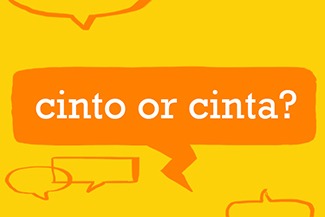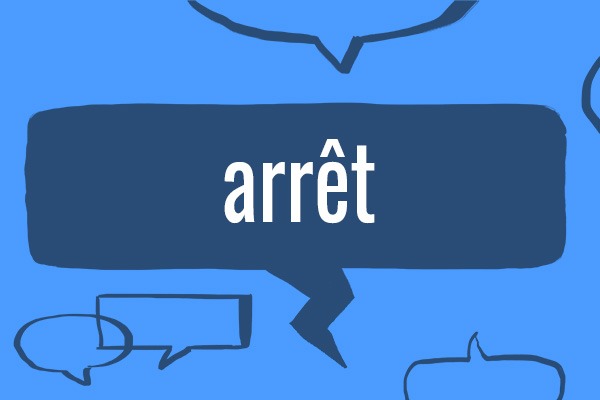In this latest edition of our word of the week blog, we’re looking at the French word petit.
There’s no denying that it’s a very common word that a lot of learners might already know. But in this blog, we’ll share some interesting points to help you better understand this word and use it more effectively.
To get started, let’s listen to its pronunciation:
As we mentioned, many of you have probably already encountered petit on your language-learning journey. But for those of you who haven’t, the English translation of petit is small or little.
As an adjective, the spelling of petit will change depending on the noun it is describing. This means you might see it in four different forms:
- petit (masculine singular)
- petite (feminine singular)
- petits (masculine plural)
- petites (feminine plural)
If you’d like more information on this, we recommend checking out our Easy Learning French Grammar page on adjectival agreements.
One more point to make: like other common adjectives that refer to size, such as grand (big), court (short), and long (long), petit comes before the noun it is describing. You can visit our Easy Learning French Grammar pages to find out more about word order of adjectives in French.
Now it’s time to take a look at some examples:
un petit cheval a small horse
les petites maisons the small houses
mon petit copain / ma petite copine my boyfriend / my girlfriend
le petit déjeuner breakfast (this literally translates as ‘small lunch’)
Marie a quatre petits frères. Marie has four younger/little brothers.
J’aimerais bien un petit goûter. I would really like a little afternoon snack.
Nous n’avions jamais vu une girafe si petite. We had never seen such a small giraffe.
petit à petit little by little / gradually
de petite taille short; small
Nous cherchons un homme de petite taille. We’re looking for a small man.
You can also use petit informally as a noun rather than an adjective. While the sense of describing something small or little doesn’t really change, it’s worth being aware of this slightly different translation and usage:
le petit / la petite / les petit(e)s little one(s); kid(s); child(ren); young (animal)
mon petit / ma petite my dear; my dearie; my little one; my wee one
Tu vas amener tes petits ? Are you bringing your kids along?
Je ne sors pas parce que je m’occupe de la petite. I’m not going out because I’m looking after the little one.
Regarde, maman ! Les éléphants ont eu des petits ! Look, Mum! The elephants have had babies!
« Aïe ! Je viens de casser un ongle. » « Mais non, la pauvre petite ! » “Ow! I just broke a nail.” “Oh no, you poor little thing!” (this phrase can be used in a sarcastic way)
We hope that you’ve enjoyed learning about petit in a bit more depth. This small word certainly has a lot to unpack! If you keep coming back to our blog to learn a new word every week, little by little you’ll be a French pro in no time.
Written by Holly Tarbet, freelance copywriter and editor.
All opinions expressed on this blog are those of the individual writers, and do not necessarily reflect the opinions or policies of Collins, or its parent company, HarperCollins.



